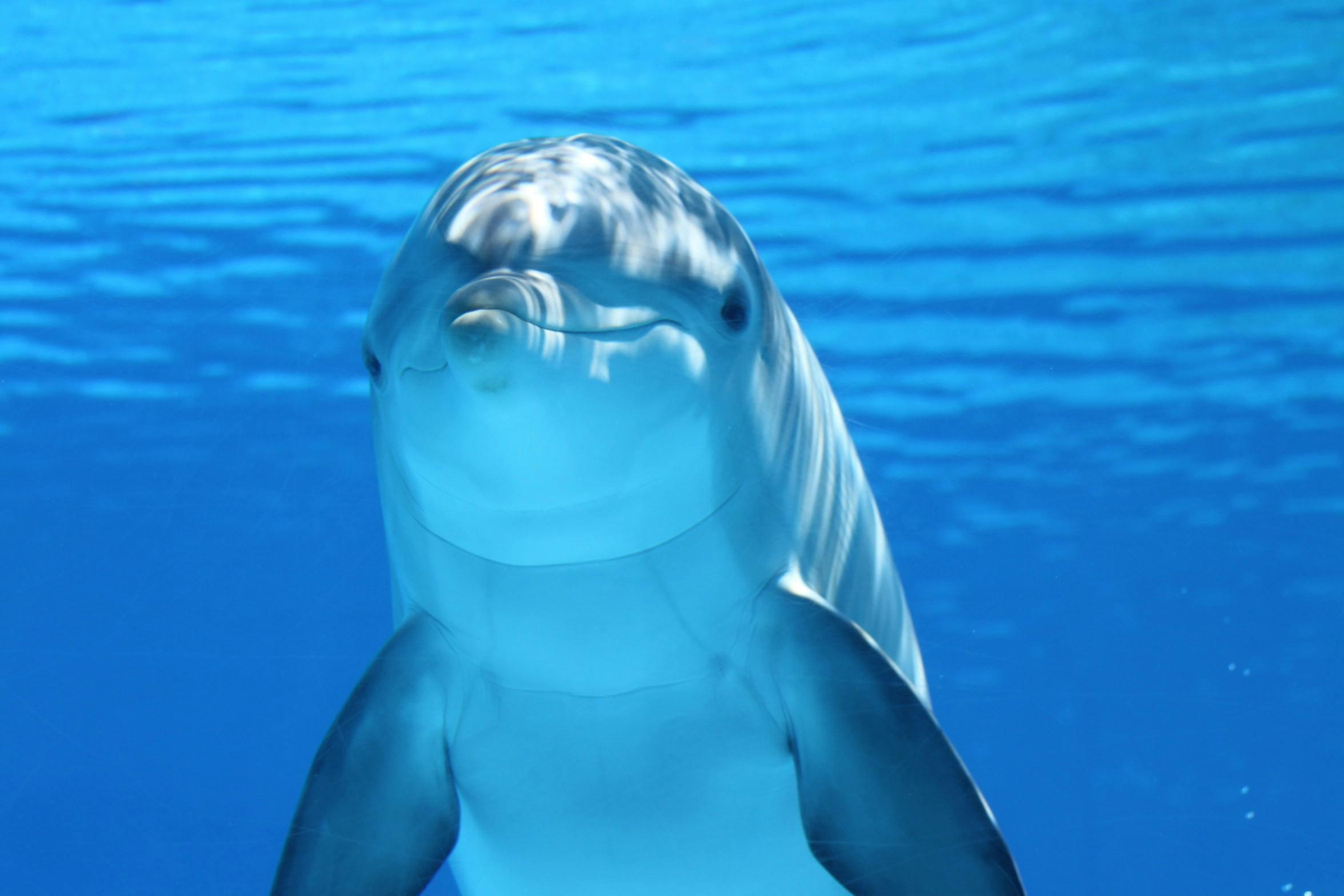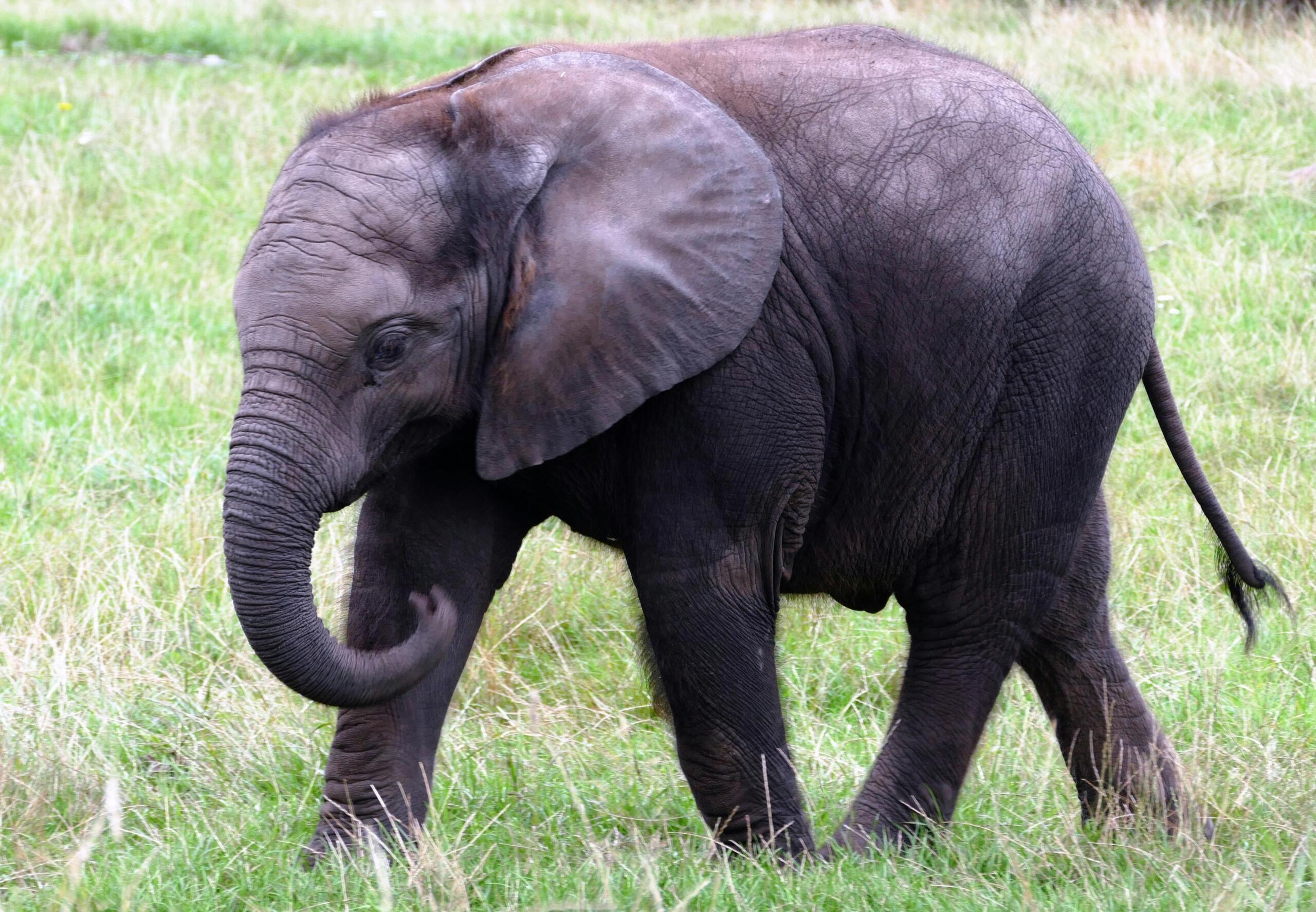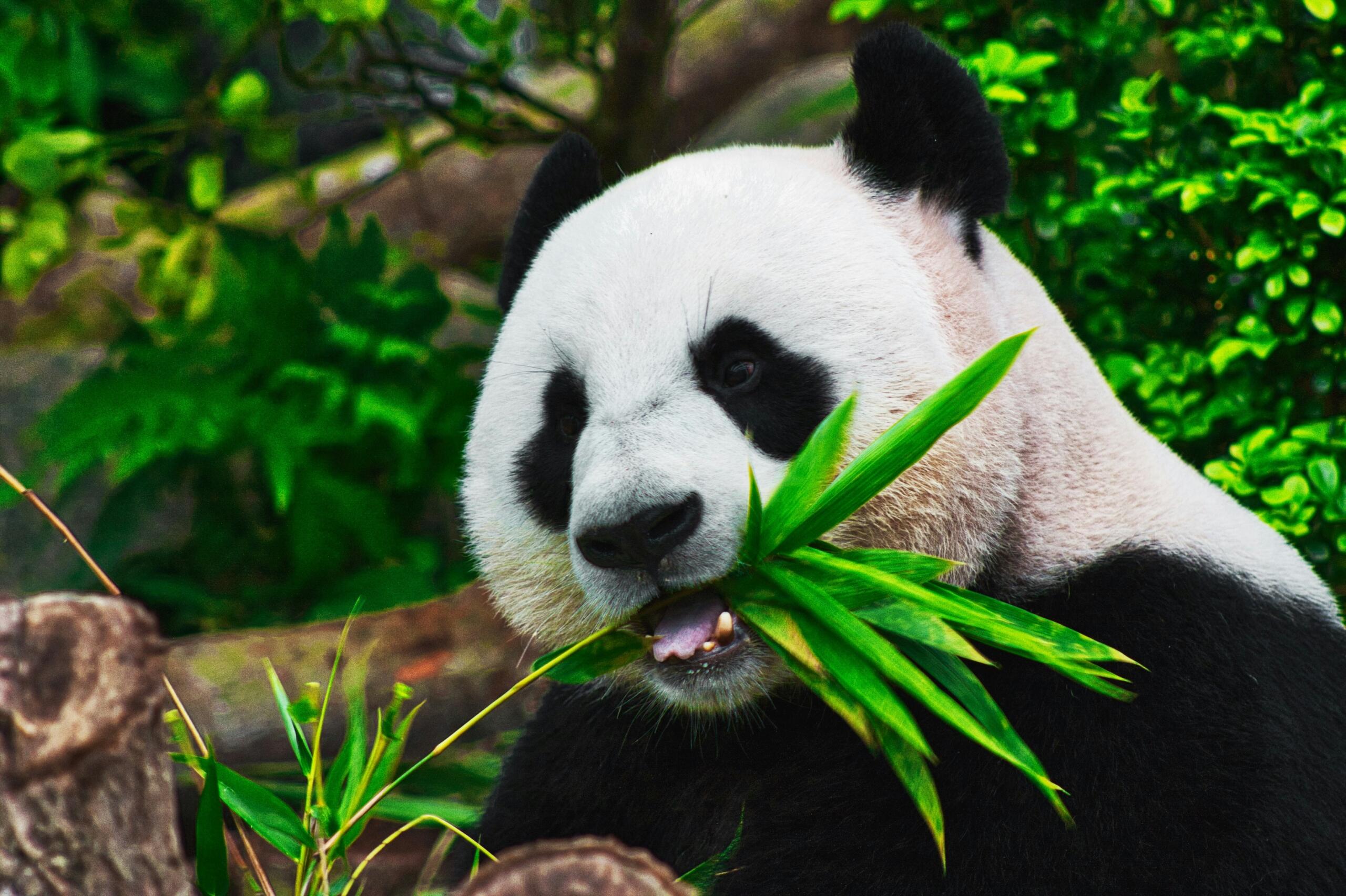Have you ever wondered whether you're more like a dolphin or an elephant?
This test will not only tell you, but will also teach you interesting and scientific facts about each of these incredible animals.
Unlike typical personality tests, this one is inspired by principles of behavioural biology, ethology, and natural adaptations.
Get ready to get to know yourself better and, at the same time, learn how life strategies in the animal kingdom are surprisingly similar to our own.
So what are you waiting for? Take our quiz and find out what animal you have deep within!
Quizzes
Quizzes :
What Does Science Teach Us About These Animals?
Now that you know which animal reflects your personality, it's worth taking a moment to explore the scientific foundations behind these comparisons. The behaviours we observe in animals aren't random, they respond to complex systems that include evolution, neurology, ecology, and even social structures.
🧠 Animal Personality and Ethology
Ethology, the science of animal behaviour, has shown that many species have consistent traits over time and in different contexts. This resembles the concept of personality in humans. Dolphins, elephants, dogs, and even octopuses display individual patterns of action, decision-making, and emotion.

For example, dolphins have large brains and sophisticated communication skills. They use echolocation or bio sonar to navigate and hunt, but they also form lasting social bonds, teach their young, and display signs of play and empathy. In humans, these traits are associated with emotional intelligence and sociability.
🧭 Adaptations: Survival and Strategy
Each animal we included in the test presents a key evolutionary adaptation that can be related to human personality types:
Dolphin brains are one of the largest relative to their body size in the animal kingdom, and they exhibit behaviours such as play, cooperation, and signs of self-awareness. They represent sociable, mentally agile, and empathetic individuals.
The eagle's keen vision allows them to detect prey at great distances. This trait represents observant, focused, and strategic individuals.
The octopus has a decentralised nervous system that allows it to make quick, adaptive decisions with each of its tentacles. 6 It also changes colour to camouflage itself, a symbol of creativity and flexibility.
Elephants are one of the animals with the greatest memory and social structure. They have been documented to remember migratory routes and recognise group members after years of separation. Their empathy and cooperation are comparable to human dynamics of emotional support.

Domestication has turned dogs into expert readers of human emotions. They understand gestures, tones, and behavioural patterns, reinforcing their image as loyal and protective companions.
Although more elusive, this feline is a master of self-sufficiency. The wildcat's success as a nocturnal predator relies on stealth, observation, and adaptability. It represents those who value their space and move with subtlety.
Is It Possible to Talk About “Personality” in Animals?
Although for decades it was thought that animals acted only on instinct, modern science has shown that many species possess defined and consistent personality traits, similar in structure to those found in humans.
Since the 1990s, researchers in biology and comparative psychology have applied personality measurement models to animals. They use repeated observations, controlled tests, and statistical analysis to classify behaviours according to dimensions such as extroversion, aggressiveness, sociability, curiosity, and even neuroticism.
📊 How is This Measured?
For example, to study octopus personality, they are exposed to different stimuli: a novel object, a threat, or an enclosed space. Depending on how each individual reacts (does it approach, hide, or explore?), scientists can classify their temperament. Surprisingly, these reactions are repeated consistently over time, which meets the basic criteria of a "personality."
Scales similar to the Big Five model of human personality have been used in dolphins and elephants, where researchers rate each individual based on their behaviour in different situations, revealing unique profiles even within the same social group.
🧠 Humans and Animals: A Continuum, Not a Barrier
This type of research helps blur the rigid line between "rational" and "instinctive." It's now accepted that cognition, emotion, and personality exist on an evolutionary continuum. That is, humans didn't invent personality; rather, we share it (at varying levels) with other mammals and even some invertebrates.

Furthermore, this research has practical applications: it improves animal welfare in zoos, reserves, and conservation centres by adapting environments and stimuli to individual traits. It is also used in training programs for assistance or therapy animals.
🧭 Getting to Know Each Other Through Nature
These parallels don't mean that animals are "like us," but they do mean that we share evolutionary roots, similar needs (safety, exploration, bonding), and that studying the animal world can be a gateway to better understanding ourselves.
Understanding that animals have personalities is not only fascinating but profoundly human. It reminds us that the diversity of temperaments is not unique to us, and that many life strategies - from the cooperative nature of a dog to the independent nature of a wild cat - have emerged as evolutionary responses to different environmental challenges.
So, if your result was the elephant, the octopus, or the eagle, don't just take it as a funny coincidence, but rather an invitation to take a closer look at how behavioural science connects us to the rest of the living world.
So the next time you see a dolphin jumping or an eagle soaring, think that maybe you're seeing a part of yourself reflected in them! 😊
References
- Gosling, S. D. (2001). From mice to men: What can we learn about personality from animal research?
- Mather, J. A., & Anderson, R. C. (1998). Exploration, play, and habituation in octopuses (Octopus dofleini).
- Highfill, L., & Kuczaj, S. (2007). Do bottlenose dolphins have distinct personalities?
- Bradshaw, G. A., & Schore, A. N. (2007). How elephants are opening doors: Developmental neuroethology, attachment and social context.
- McCrae, R.R., & Costa, P.T. Jr. (1999). A Five-Factor Theory of personality.
- Sinn, DL, Gosling, SD, & Moltschaniwskyj, NA (2008). Development of shy/bold behavior in squid: context-specific phenotypes associated with developmental plasticity.
What animal are you? Let's find out!
Summarise with AI:















